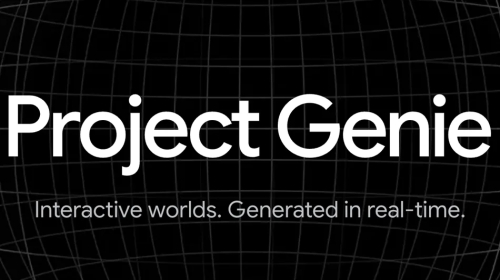Google DeepMind introduced AlphaFold 3 and a web application based on this model
Google DeepMind has unveiled a new version of AlphaFold , its machine learning model that predicts the shape and behavior of proteins. To coincide with the announcement, the company released a test version of the free web application.

Google DeepMind announced AlphaFold 3, a greatly improved version of its advanced machine learning model for predicting the shape and behavior of protein molecules.
About the update
The new iteration of AlphaFold features not only higher prediction accuracy, but also the ability to model interactions of proteins with other biomolecules, such as DNA chains, ligands and ions. This makes AlphaFold 3 a much more powerful and versatile tool for researchers.
Along with Google's announcement, DeepMind also introduced a free proteomics-as-a-service web application, AlphaFold Server, for non-commercial use.
About AlphaFold models
Since its initial release in 2018, AlphaFold has remained the leading method for predicting the 3D structure of proteins based on the sequence of their constituent amino acids. In recent years, computer methods have largely replaced labor-intensive and expensive laboratory experiments. This has allowed thousands of scientists from different fields to significantly speed up their research.

AlphaFold and similar models are opening new horizons in areas such as drug development. Max Jaderberg of Isomorphic Labs calls this “rational drug design.” So, AlphaFold is an extremely useful tool in the hands of researchers.
Disadvantages of AlphaFold
Unfortunately, like many other proprietary AI models, the details of AlphaFold's training process and the information needed to reproduce the results (which is a fundamental part of the scientific method) are largely hidden.
Proponents of open science have long said that while advances are impressive, it is always better in the long run to share such developments openly with the scientific community.
Share
What's Your Reaction?
 Like
0
Like
0
 Dislike
0
Dislike
0
 Love
0
Love
0
 Funny
0
Funny
0
 Angry
0
Angry
0
 Sad
0
Sad
0
 Wow
0
Wow
0





![Transfer/ Postings Senior Superintendent Police Hyderabad [Notifications]](https://pakweb.pro/uploads/images/202402/image_100x75_65d7bb0f85d5f.jpg)
![Amazing Text Animation Effect In CSS - [CODE]](https://pakweb.pro/uploads/images/202402/image_100x75_65d79dabc193a.jpg)






